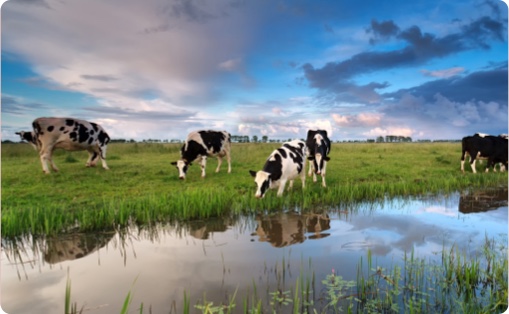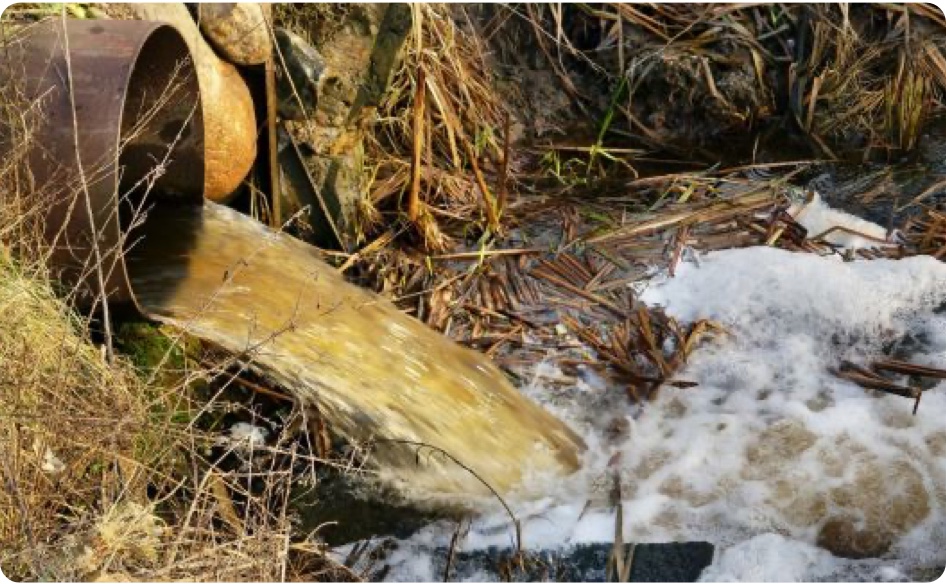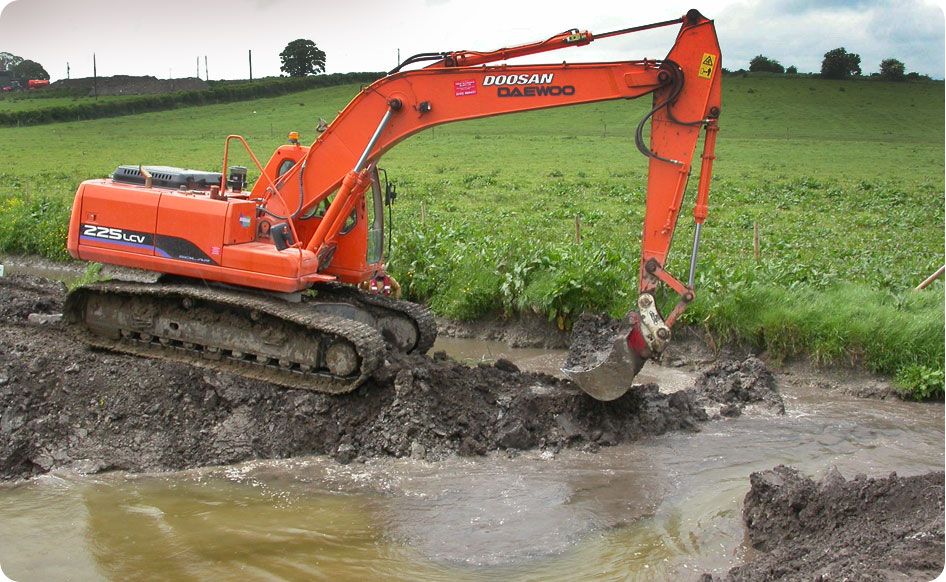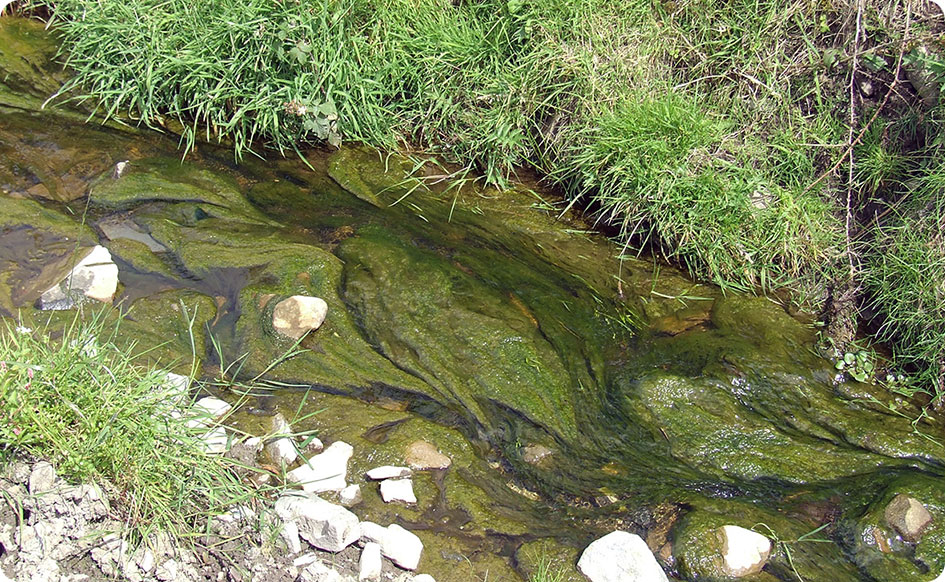Ireland’s water environment is in crisis.
Water quality is declining and water pollution is rising at an unprecedented rate.
Despite the requirement of the EU Water Framework Directive (WFD) that all our rivers, lakes and coastal waters should be ecologically healthy by 2027, numerous EPA reports have highlighted ongoing declines in water quality.
Presently, more than half of our rivers, lakes and estuaries are in an unhealthy state (47%, 50% and 62% respectively) and river water pollution is on the rise. Furthermore, we’ve lost most of our pristine river stretches, down from over 500 in the late 80s to a mere 20 today.
The two most significant causes of water pollution and degradation of our water environment are agriculture and sewage pollution.
Agriculture is by far the most significant pressure on our water environment. Agricultural expansion and intensification is the cause of increased water pollution from fertilisers and slurry, declining biodiversity in rivers, and the destruction of habitats as wetlands are drained to increase grass production. Read more about the challenges agriculture poses for our water environment here.


Pollution from untreated and inadequately treated sewage (wastewater) is the second top pressure. Raw sewage from 35 towns and villages flows into our water every day and waste water treatment in 19 urban areas fails to meet minimum legal standards. Faulty and inappropriately sited septic tanks also result in human waste ending up in streams and rivers. Read more about the challenges wastewater poses for our water environment here.
Physical alterations of the water environment, for example through dredging, drainage and waterside development, are also the source of widespread degradation and are the main problem in a quarter of our unhealthy and ‘at risk’ waterbodies. The natural integrity of water bodies is crucial to properly support its biological health and the habitats in or near the waterbody. Irresponsible and unregulated modifications and ‘physical works’ threaten this integrity.
Read more about the challenges that physical modifications pose for our water environment here.


There are a diverse range of other pressures from human activity and while these are significant in their own right, it is important to also consider the catchment-scale cumulative impact of these.
> Agriculture
> Wastewater
> Physical Modifications
> Forestry
> Abstraction
> Lack of Effective Marine Management
> Peat Extraction
> Climate Change
1EPA (2019) ‘Water Quality in Ireland 2013 – 2018’
2Environmental Protection Agency (EPA), Urban Waste Water Treatment in 2019.

